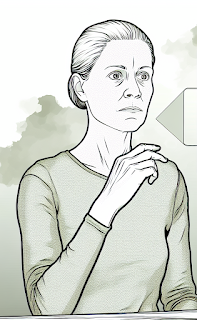Grow a New MIND garden - it is worth the work!

I used to think as a therapist that getting people to the space of healing was a destination. That at some point, the person would have a moment, like walking up to a mountaintop, where the pain would vanish, and the view would be clear. That is a false hope! Photo by Markus Spiske on Unsplash The true way to see self-healing is as hard work. Healing is more like tending a garden in soil that's hard, uncared for, abandoned, and weed-filled. We bought a new house and found a lot of sand and stones where our garden needed to grow. I would have easily said, "No, we'll just buy from the farmer's market!" But, one must first decide to do the work, and that can be very intimidating. My wife said we could do it, and we DID! Watching that sand transform into a thin garden in year one, then a lush garden in year two and beyond, the connection hit me hard: this is what I've been doing with people for over 24 years. Therapy is much like tending this garden. Initially, ...





